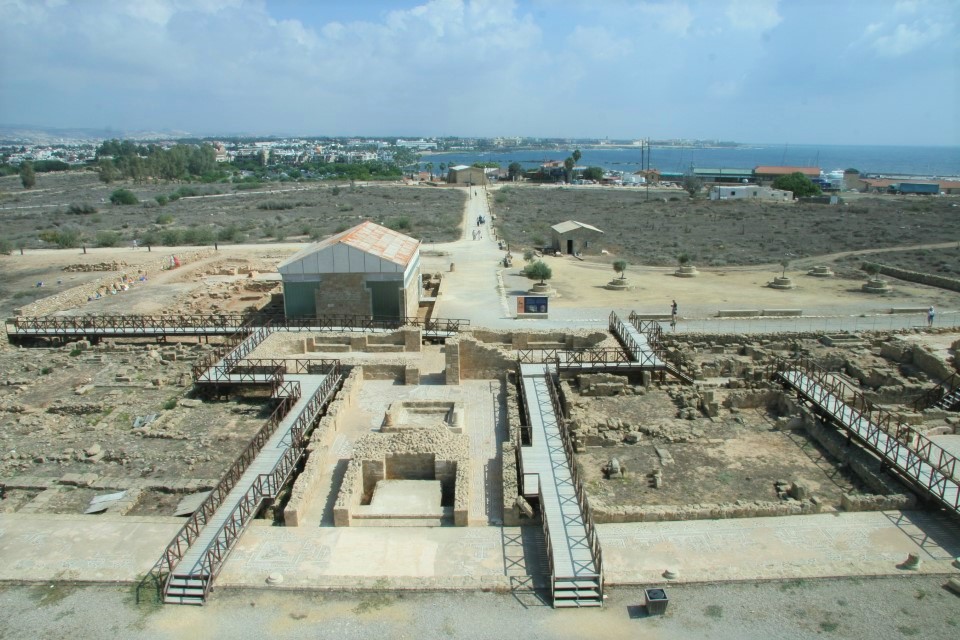A scientific consortium consisting of the Jagiellonian University in Krakow (UJ), the Polish Centre of Mediterranean Archeology of the University of Warsaw (PCMA UW) and the Warsaw University of Technology, headed by Prof. Ewdoksia Papuci-Władyka received a grant from the OPUS 18 program of the Polish National Science Center.
The award-winning project is entitled MA-P Maloutena and Agora in the layout of Paphos: modelling the cityscape of the Hellenistic and Roman capital of Cyprus and aims to recreate the layout of the ancient city of Nea Paphos, with particular emphasis on parts previously studied by two Polish archaeological expeditions – Maloutena (PCMA UW) and the Agora (UJ).
– This year, due to the pandemic, we must adjust our fieldwork plans to the current situation. However, once the contract with the NSC is signed, the planned preparatory work can begin – says Prof. Papuci-Władyka. – We will analyze the results of previous research from the point of view of the project’s objectives and we will collect and process archival remote sensing data. Much of this work can be done using computers and databases, and does not require actual presence on the archaeological site.
If the general conditions allow, I would like to organize the first excavation campaign, even a short one, in the fall (2–3 weeks in October–November) – explain the project director. The reconstruction of the ancient buildings of the city of Nea Paphos and adjustments to the currently-known plan will be an important component of the current research, affording a completely new perspective on the city, revealing its real size and mode of functioning, and giving us an even better idea of the life of its ancient inhabitants.
The city of Nea Paphos was founded at the turn of the 4th century BC and for a long time it was the island’s capital. It is inscribed on the UNESCO World Heritage List. The PCMA UW expedition has been working there for over half a century, conducting excavations and reconstruction works since 1965. In 2015, on the occasion of the 50th anniversary of this research, an anniversary exhibition was held at the Cyprus Museum in Nicosia.
Archaeological excavations and interdisciplinary research of the Paphos Agora and other places in the Archaeological Park of Kato Paphos were conducted by the Institute of Archeology of the Jagiellonian University and directed by Prof. Papuci-Władyka. In 2019, as a visiting professor at the University of Warsaw, Prof. Papuci-Władyka became also the director of the PCMA UW project.
Read more:
• On PCMA research in Nea Paphos
• On Paphos Agora Project
• On Prof. Ewdoksia Papuci-Władyka
• About project 2019/35/B/HS3/02296 on the NCN website (In Polish)

